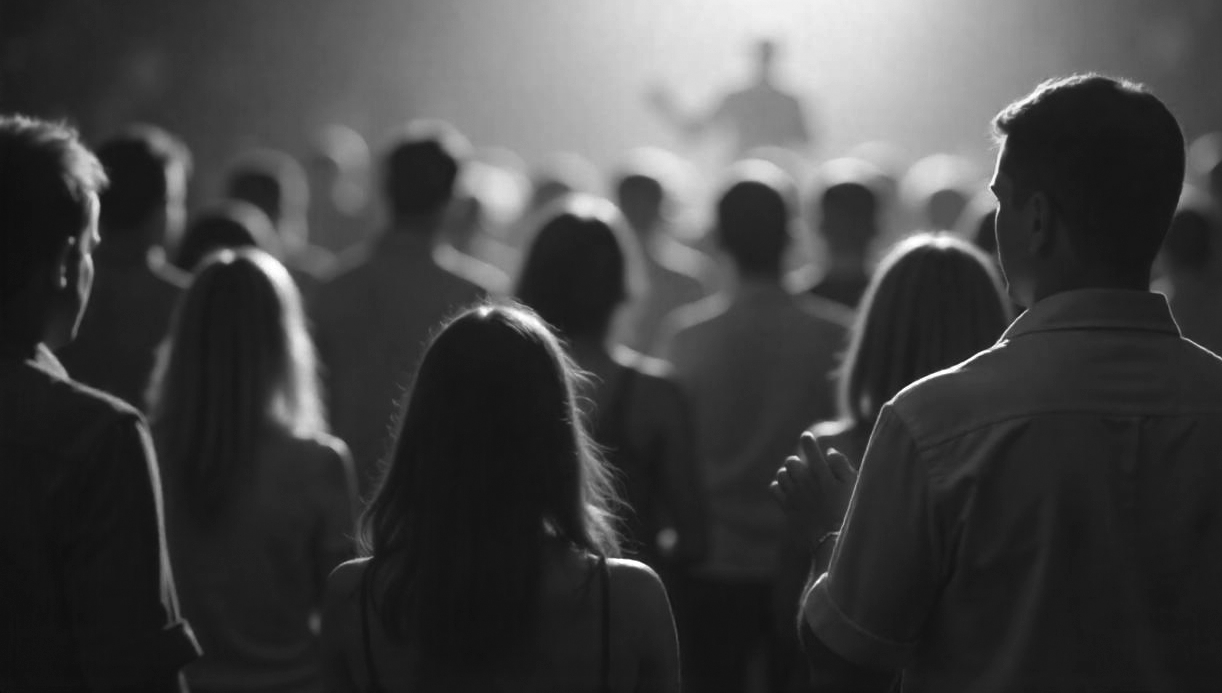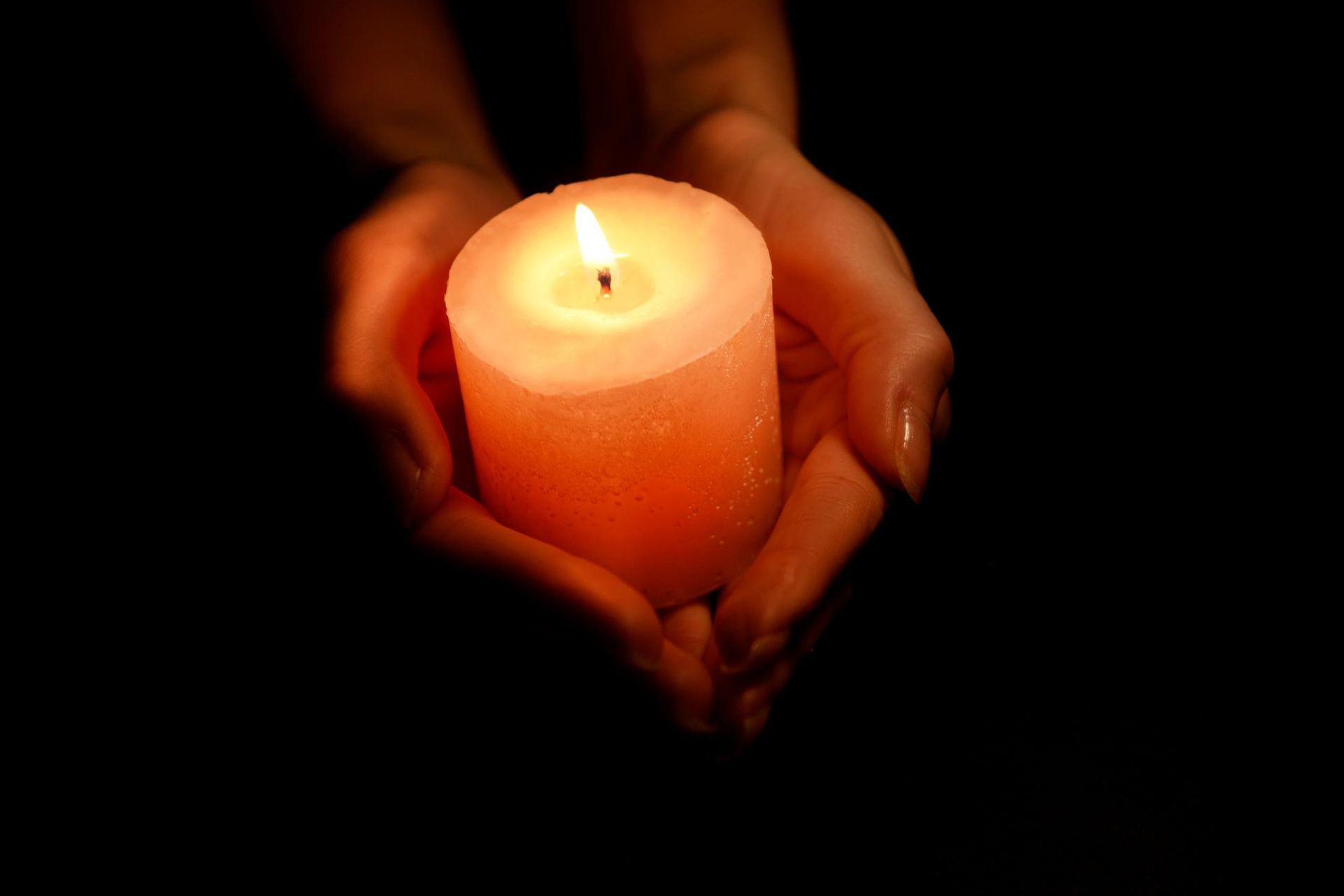October 12, 2025: We are Church
We are church
Our recent pilgrimage to Greece—tracing the footsteps of St. Paul—was incredible. We saw so many amazing sights. [Show images on screen.] They were all magnificent. But here’s the thing: that’s not the church Paul was building.
As we stood where he lived, where he preached, even at one of the prisons where he was held captive, it became clear—the true magnificence of Paul was not in the buildings that emerged. It was in the people. St. Paul constantly reminded the early Christians: You are the Body of Christ. He pushed boundaries. He redefined community. In Galatians 3:28, he wrote: “There is neither Jew nor Greek, slave nor free, male nor female, for you are all one in Christ Jesus.”
Today, we might add: "There is neither Democrat nor Republican, straight nor gay, traditional Catholic nor progressive Catholic… for you are all one in Christ Jesus." Paul’s message was radical—and it still is.
Cardinal Blase J. Cupich (of Chicago) wrote recently about the liturgical reforms of Vatican II. He said “in many ways, the reform was a recovery of truths of the faith, which over time were obscured by a series of adaptations and influences that reflected the church’s expanding relationship with secular power and society. Particularly prominent during the 7th to 9th centuries and again in the 17th to 18th centuries many adaptations were inserted in the liturgy that incorporated elements from imperial and royal courts, transforming the liturgy’s aesthetics and meaning. The liturgy then became more of a spectacle rather than the active participation of all the baptized in the saving action of Christ crucified.”
Active participation of all the baptized in the saving action of Christ crucified. That is a core component of what it means to be Catholic today. That’s not just a liturgical idea—it’s a deeply spiritual one. And it stands in direct contrast to what the world often values.
Think back to Paul’s time...
The government was violent. The early church was nonviolent.
The government valued domination. Paul preached service and liberation.
The government was obsessed over wealth. Paul’s communities valued generosity and shared resources.
The government loved power. Paul spoke of the power of love.
The government, centered in Rome, built pyramids of dominance—putting one powerful man at the top and everyone else beneath. But Paul’s vision flipped the pyramid. He helped build communities of mutuality, where the last, the least, and the lost were not at the bottom—they were honored at the table.
So, how does that connect to today’s Gospel? Ten lepers are healed. Only one comes back to say, “thank you.” Jesus asks, “Where are the other nine?” It can be a metaphor for us, to think of what we are thankful for. Usually, 9 out of 10 times, we find things to complain about. But can we be thankful for what we have?
Today, we gather in this beautiful new worship space. And yet… some grumble. “It doesn’t have this…” “It should have that…” I get it. We want to honor our faith. We want to glorify God. But let’s be honest—does that really happen through a building?
Author Matthew Kelly offers a helpful insight. He writes about our culture’s constant striving for “more,” and he calls it the danger of not enough. He says: “One of the primary reasons we don’t slow down is because we don’t think we have enough. One of the reasons we’re so busy is because we don’t think we are enough. But knowing that you have enough, that you are enough—right here, right now—is essential to slowing down to the speed of joy.”
So yes, maybe this church doesn’t have ornamentations all over and fancy statutes. . It doesn’t a massive baptismal font. it doesn’t have kneelers. But what we do have... is Christ. What we do have is you—the active participation of the faithful.
There are things we will add to our second phase. But walking in the footsteps of St. Paul reminded me: We are the Church. Not these walls. Not the pews. Not the floor plan.
You. Me. Us—alive in Christ, brought together not by a building, but by love. So, if we want to build a magnificent church, let’s build it … a church of welcome to everyone, a church of forgiveness, a church of generosity, a church with full participation. Because the most sacred space isn’t above us or around us or behind us—it’s within us. You are church. We are church!




